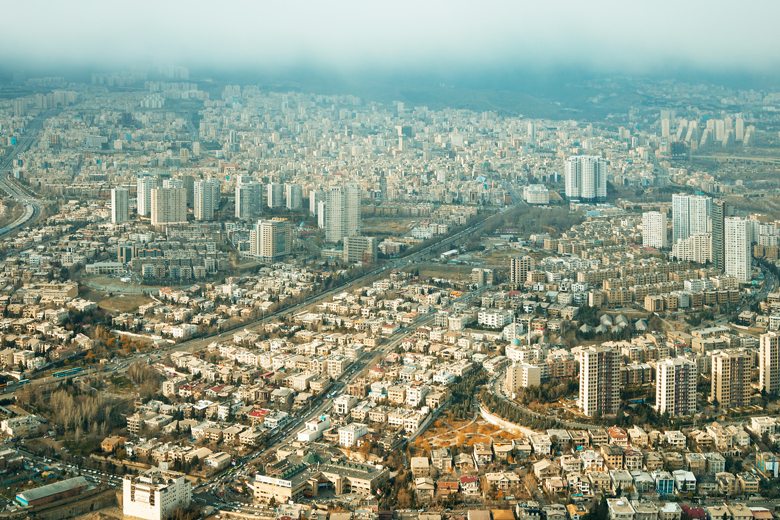

Structural challenges need to be addressed for growth
The Washington-based International Monetary Fund (IMF) has advised Iran to deepen its reform programme in order to enable sustainable growth and attract foreign investment, during an official visit.
Tehran hopes that the lifting of some sanctions following an agreement on its nuclear programme would bring in foreign investors and end years of economic stagnation.
Higher oil exports and a lower cost of trade and financial transactions as banks are reconnected to international financial systems is expected to boost GDP growth to 4 to 4.5 per cent a year in the medium term.
With an improved economic outlook in prospect, there is a unique opportunity to begin implementing reforms to entrench macroeconomic stability and promote higher sustainable and inclusive growth, said David Lipton, first deputy managing director of the IMF.
However, foreign companies are hesitant to invest in Iran due to remaining sanctions and lack of financial services.
Despite the removal of some sanctions, foreign banks are still unwilling to accept transactions related to Iran, Some smaller European banks with low exposure to the dollar are now reportedly accepting some business.
The government of Hassan Rouhani has managed to bring inflation from 45 per cent in 2013 to 8 per cent recently, stabilise the exchange rate and begin reforms. But unemployment is still high, especially among youth and women.
The IMF recommends addressing structural challenges through far-reaching reforms.
Central in these efforts will be promoting the private sector, by fostering private ownership, attracting foreign investment, reducing the cost of doing business, and enhancing transparency and governance, said Lipton.
Many businesses in Iran lack transparency, especially around beneficial ownership. Sanctioned organisations such as the Iranian Revolutionary Guard are widely thought to control a large proportion of the economy, raising further challenges for foreign investors.
Lipton highlighted strengthening policy frameworks for monetary and fiscal policies, focusing on price stability, mobilizing domestic revenues, and building buffers.
The domestic banking sector has been identified as a key reform area and plans are already underway. The Central Bank of Iran will restructure a number of banks and bring regulations up to global standards.
First, it will be critical to begin restructuring banksboth at their operational level and their high level of nonperforming loansto help lower real interest rates and stimulate credit to the economy, continued Lipton. Second, given the difficulties for Iranian banks in reintegrating to the international financial system, the authorities should persevere with strengthening the framework for anti-money laundering and combating the financing of terrorism (AML/CFT), which should be critical to facilitate such reintegration.
You might also like...

Rainmaking in the world economy
19 April 2024

Oman receives Madha industrial city tender prices
19 April 2024

Neom seeks to raise funds in $1.3bn sukuk sale
19 April 2024

Saudi firm advances Neutral Zone real estate plans
19 April 2024
A MEED Subscription...
Subscribe or upgrade your current MEED.com package to support your strategic planning with the MENA region’s best source of business information. Proceed to our online shop below to find out more about the features in each package.





